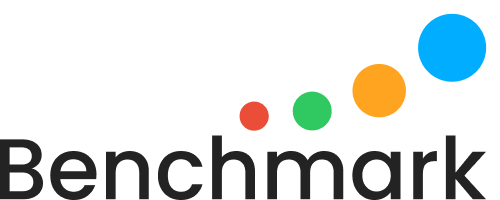Think web development, and the first name that crops up in everyone’s mind is Python (Read: Why Is Python A Popular Choice For Enterprise Applications?)
Python offers frameworks that developers can use to create codes or applications within a defined structure. This enables them to focus on the logic of the application rather than bother about other elements.
While Python has various frameworks, such as Web2Py, TurboGears, and Django, developers prefer to use Flask for developing web applications.
According to the Python Developers Survey, Flask was rated as the most popular framework, with 47% of survey respondents preferring it.
Flask is a lightweight, extensible Python framework. It is called a micro framework, as it does not provide additional functionalities that come with a full-stack Python framework, such as Django.
However, that does not limit its effectiveness. On the contrary, we love it for various reasons.
5 Reasons Why We Love Flask Framework
- Easy to learn
One reason why we like Flask is that it is a non-fussy, simple framework to use. Any developer, whether a newbie or experienced, can learn it quickly and start using it to develop web applications. The well-documented source code also serves well for beginners who want to learn Python. It does not overwhelm developers with complicated details. We would recommend new developers or those with less experience in Python to learn Flask and try creating small pieces of web applications before moving to full-stack frameworks like Django.
- Highly scalable
In a fast-paced environment, it is always preferable to start small and then go big while building a web application. That’s where a framework like Flask can come to rescue. Flask is highly scalable. It can process a high number of requests each day, as it gets popular. Take Pinterest, for instance. It has been able to process up to 12 billion requests every day by using Flask. Flask modularizes the code so that developers can segregate them as independent chunks and use them as the code base grows.
- Flexible project layout Flexibility is the core feature of Flask. It is especially helpful when developers have to interoperate with different workflows and systems. Flask has an extensible web framework. It gives developers the flexibility to customize their applications the way they want. This allows them to reduce issues that could arise due to the rigidity of other frameworks. It frees them from using specific technical components. Instead, developers can use any components they want to build their web applications. That level of freedom is what we like about Flask.
- Facilitates experimentation While we are on the topic of freedom, we must also add that Flask is the ideal framework to use for experimenting with web applications. Compared to the monolithic structure of a framework like Django, Flask is far more adaptable with new emerging technologies in the market. In an agile work culture, where developers make continuous improvement to their product, Flask can facilitate faster implementation. So, if a developer wishes to add more features to enrich a product, they can use Flask for quick integration.
- Greater control on codes and extensions Considering that the code base is small, developers have more control over their codes. Similarly, developers love Flask because it allows them to choose the components they want. Flask gives developers all the power to make more decisions while selecting the components for their web application. They also get complete control over their extensions. For example, if a web application does not require database access or form validation, then the developer may choose to exclude those extensions and instead use the ones that are relevant to their application.
Conclusion
Flask may have more advantages than other frameworks. However, there are downsides to it too. For example, Flask is more vulnerable to security risks as compared to frameworks such as Django. Also, Flask may not be the right framework to use for developing complex apps at a fast pace. So, it’s important to choose the framework carefully. We would recommend using Flask if:
- The application is simple and less complicated. For example, a static web application could use Flask, but a dynamic app like eCommerce or a news site would do better with full-stack frameworks.
- Developers want more control over their framework.
- There are not enough web development experts in the team.
We would advise companies to weigh the pros and cons of Flask and other frameworks carefully before choosing a framework.
For guidance on developing high performance, scalable, cutting-edge software products, let’s connect.
